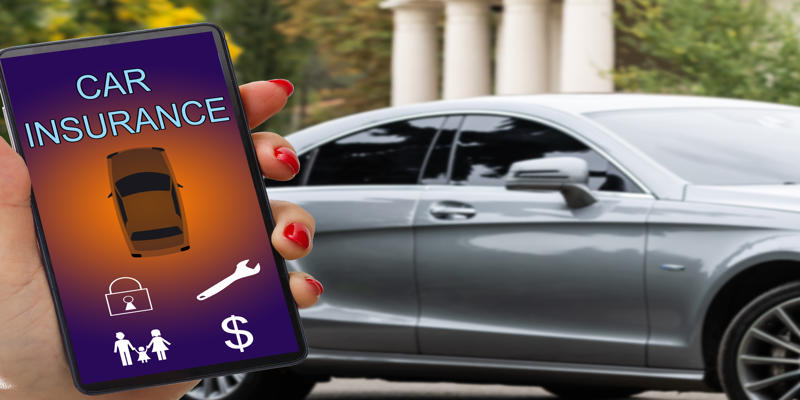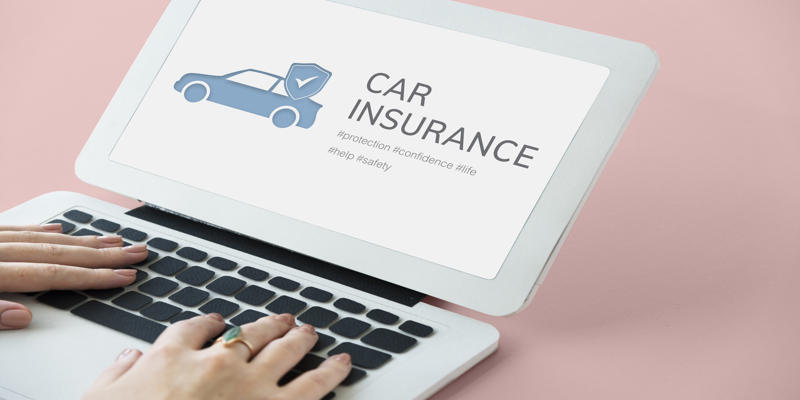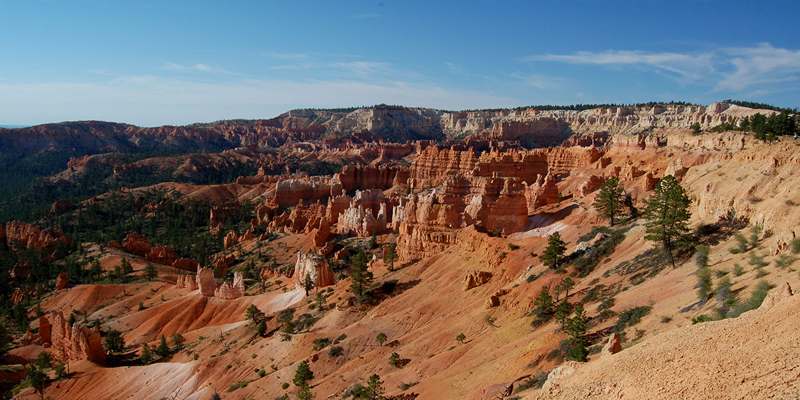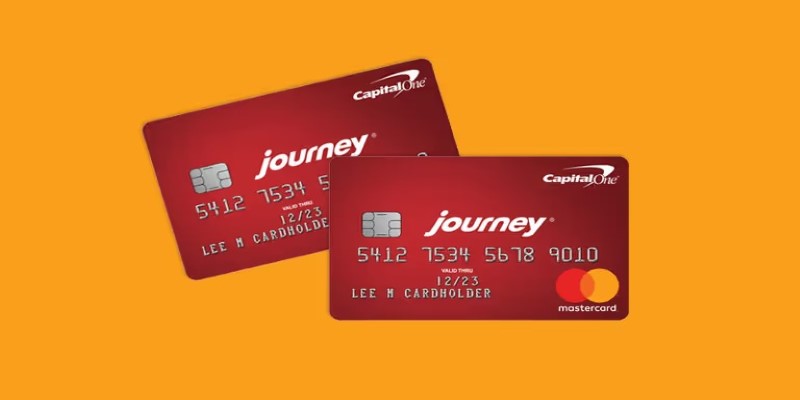How to Lower Your Car Insurance Costs in Arizona?
Driving in Arizonas diverse landscape, from its bustling cities to its quiet desert highways, requires more than just a vehicle. Car insurance isnt just a legal necessity; its your financial safety net in case of an accident. But the challenge for most Arizona drivers is finding cheap car insurance that doesnt compromise on coverage quality.

Balancing cost and value can feel like walking a tightrope, especially with insurers offering wildly different rates. This guide will help you understand the nuances of Arizonas car insurance market, explore the factors shaping premiums, and uncover strategies to keep your costs low while ensuring reliable protection.
Understanding Arizonas Car Insurance Requirements
Arizona car insurance has its own requirements every driver must meet to ensure their vehicle is operated legally. Minimum liability coverage that the state requires is your way of protecting others from your fault in case of an accident. This consists of $25,000 for bodily injury per person , $50,000 per accident, and $15,000 for property damage.
These minimums are enough to keep you road legal but may not be enough in a bad accident. For example, if you're one of many cars involved in a multi car collision or an accident that costs lots of money to treat, it can very quickly exceed those limits and leave you out of pocket. Many drivers choose higher coverage levels, or additional coverage, such as uninsured/underinsured motorist coverage, for that little extra security.

Beyond the basics, Arizonas climate and geography also influence the type of insurance you may need. For example, comprehensive coverage can be beneficial in areas prone to dust storms or hail, which can cause significant vehicle damage. Understanding your specific needs can help you choose the right balance of affordability and protection.
What Determines Car Insurance Costs in Arizona?
Car insurance rates in Arizona vary based on a combination of personal, geographic, and policy-related factors. Heres a closer look at how these elements come into play:
Your Driving History
Safe drivers with clean records often enjoy lower premiums, while accidents, speeding tickets, or DUIs can cause rates to skyrocket.
Your Vehicle
The make, model, and age of your car significantly affect your premium. Luxury or newer vehicles cost more to insure because of higher repair or replacement expenses.
Where You Live
Urban areas like Phoenix and Tucson usually see higher rates due to increased traffic congestion, theft, and accident risks. Conversely, rural areas may have lower premiums but can face higher repair costs due to limited service access.
Age and Experience
Younger drivers, especially teenagers, typically pay more because theyre statistically more likely to be involved in accidents. Older, experienced drivers often benefit from lower rates.
Coverage Type
Basic liability insurance is cheaper but offers limited protection. Comprehensive or collision coverage, while more expensive, provides better financial security.
Insurers in Arizona also factor in things like credit history, annual mileage, and whether your car is parked in a secure location overnight. These small details, when combined, can significantly influence your premium.
Strategies for Securing Cheap Car Insurance in Arizona
Finding affordable car insurance in Arizona is possible with the right strategies. Its not just about hunting for the lowest priceits about getting the best value for your money while ensuring adequate coverage.
Start by comparing multiple insurance providers. Rates vary widely between companies, and you may find significant savings by switching insurers. Make use of online tools to compare quotes or consult an independent agent who can help you explore options tailored to your needs.

Taking advantage of discounts is another way to cut costs. Most insurers offer a range of discounts, including:
Safe Driver Discounts: Available to drivers with no recent claims or traffic violations.
Bundling Policies: Combining your car insurance with other policies, like homeowners or renters insurance, can lead to substantial savings.
Good Student Discounts: Many companies reward students who maintain high grades with lower premiums.
Vehicle Safety Features: Cars equipped with features like anti-theft devices, airbags, or lane assist systems can qualify for discounts.
Adjusting your policy can also lead to savings. For example, raising your deductiblethe amount you pay out-of-pocket in the event of a claimcan lower your monthly premium. Just ensure you have the financial flexibility to cover a higher deductible if needed.
Maintaining a strong credit score can further reduce your insurance costs. Insurers in Arizona often consider credit history when determining rates, viewing those with better credit as lower-risk customers.
Lastly, consider enrolling in a usage-based insurance program if youre a low-mileage driver. These programs track your driving habits and reward safe, infrequent driving with lower premiums.
Navigating Special Considerations for Arizona Drivers
Arizonas unique environment presents additional factors to consider when choosing car insurance. For example, extreme heat can take a toll on vehicles, increasing the likelihood of breakdowns and mechanical issues. Adding roadside assistance to your policy can be a worthwhile investment if you frequently drive in remote areas.
Additionally, Arizona is a border state, and accidents involving uninsured or underinsured drivers can be more common here than in other states. Uninsured/underinsured motorist coverage ensures youre protected if the at-fault party lacks sufficient insurance.
Seasonal residents, or "snowbirds," who spend part of the year in Arizona, might also need flexible policies. Some insurers offer plans tailored for part-time residents, allowing you to adjust coverage based on the time you spend in the state.
Conclusion
Finding cheap car insurance in Arizona requires more than just settling for the lowest price. By understanding the factors that shape premiums, exploring discounts, and tailoring your policy to meet your specific needs, you can save money while staying adequately covered. Arizona drivers face unique challenges, from urban traffic to rural risks, and navigating the insurance market with these in mind is key to finding the best deal. The right car insurance doesnt just save you moneyit provides peace of mind every time you hit the road.












